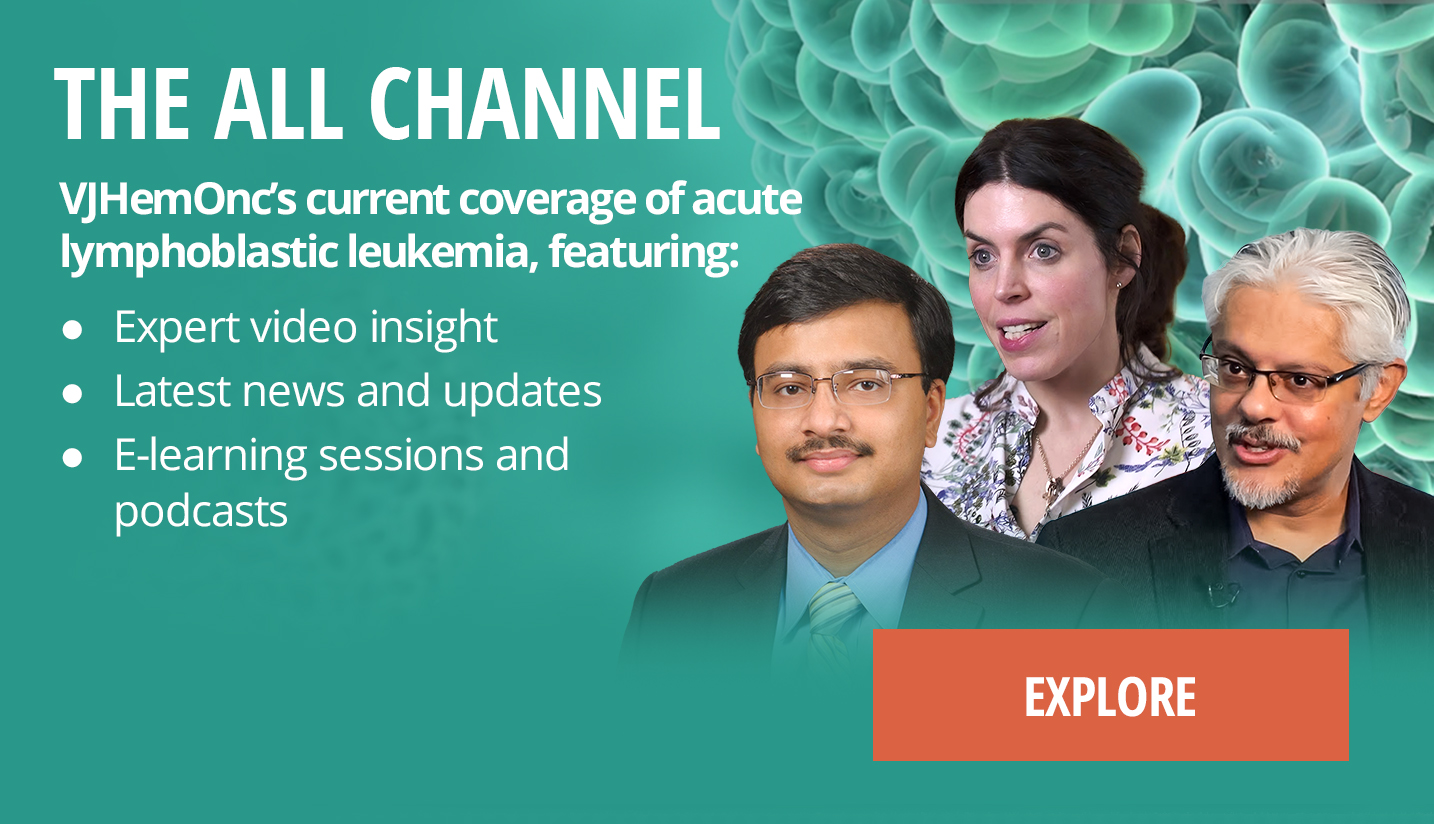CAR T-cells revolutionized the field in lymphoproliferative disorders, so lymphoma, ALL, and multiple myeloma. But according to the…we have a major issue of affordability and availability of CAR T-cells. So, especially in myeloma, recent publication indicates that only 10% of the patients that need CAR T-cells get CAR T-cells. And this is not only in countries with less income, this is including the best European countries...
CAR T-cells revolutionized the field in lymphoproliferative disorders, so lymphoma, ALL, and multiple myeloma. But according to the…we have a major issue of affordability and availability of CAR T-cells. So, especially in myeloma, recent publication indicates that only 10% of the patients that need CAR T-cells get CAR T-cells. And this is not only in countries with less income, this is including the best European countries. So even in the biggest four, Spain, France, UK, Germany, Italy, only part of the patients that need CAR T-cell and are eligible for CAR T-cell will receive CAR T-cells. And out of the 100 patients that will be referred to CAR T-cell, only 60% will receive it. So we need something more than the commercial CAR T-cells, and this is point of care.
The point-of-care CAR T-cells or academic T-cells, CAR T-cells are not competing with the commercial, but they are just adding to the commercial, so more patients will receive CAR T-cells. Of course, they have some advantages, so shorter time for vein-to-vein, more flexibility, and also no need for cryopreservation. So, I mean, there are a few programs. The most advanced one is in Spain, in which they have several products that are approved by the Spanish authorities and they move to EMA. There is the program of Sheba. We started in 2016 with CAR T-cell in pediatric ALL, 2017 point-of-care CAR T-cell for lymphoma and 2021 for myeloma. And we treated close to 400 patients with CAR T-cells with results that are similar to the commercial CAR T-cells. There is a new program in Germany, in Heidelberg, with Professor Schmidt. So the addition of point of care, and there are other models, so it can be in one center, there can be a hub for countries, there can be mobile CAR T-cells, there can be several centers with the same SOPs. And we hope also that the new CAR T-cells, which will have more naive T-cells, the production will be in 24 hours, so no need of expansion. Even in vivo, a transfection of the CAR T cells, the off-the-shelf allogeneic CAR T cells, and other systems known viral transduction, will improve the CAR T-cells and make the affordability and accessibility to more of the patients because afterwards this is curative therapy.
This transcript is AI-generated. While we strive for accuracy, please verify this copy with the video.

















